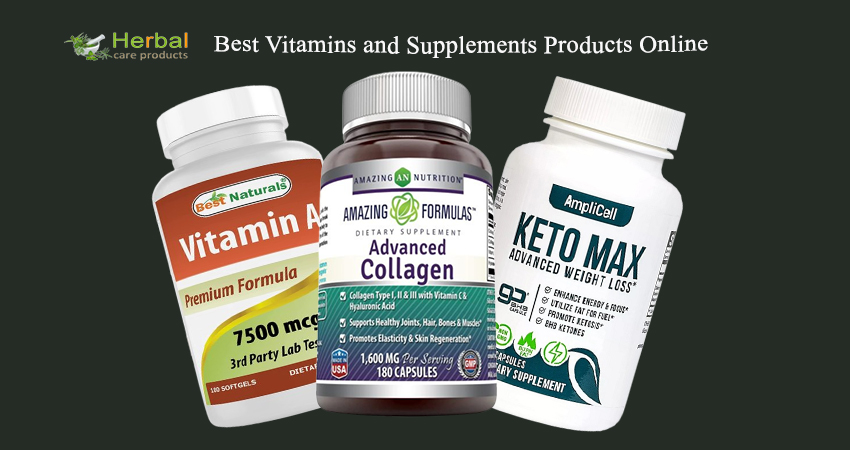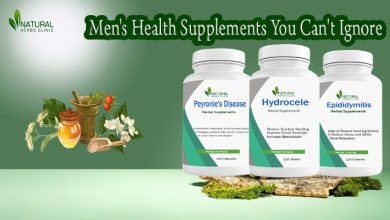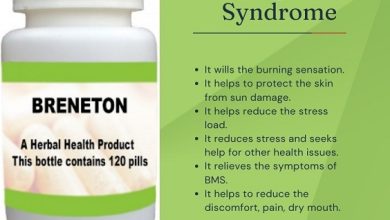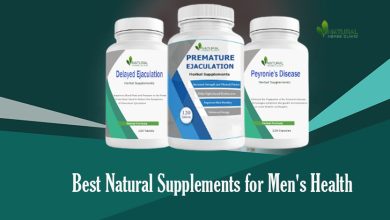Types of Best Vitamins and Supplements Products Online: An Overview
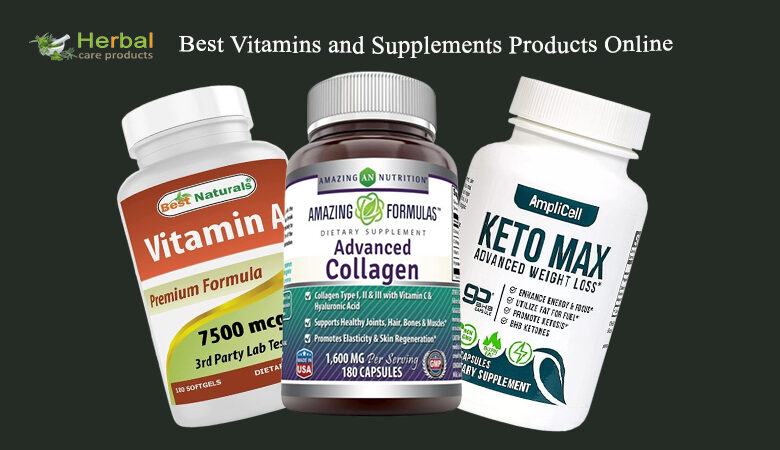
Best Vitamins and Supplements Products Online
When it comes to choosing Best Vitamins and Supplements Products Online, it’s important to prioritize quality, reliability, and reputable brands. While I can’t provide real-time recommendations or endorse specific products, I can suggest some popular and well-regarded types of vitamins and supplements that people commonly seek online. Here are a few examples:
- Multivitamins: Multivitamin supplements are designed to provide a range of essential vitamins and minerals that may support overall health and fill in any nutritional gaps in your diet.
- Omega-3 Fatty Acids: Omega-3 supplements, typically derived from fish oil or algae, are known for their potential benefits to heart health, brain function, and joint health.
- Vitamin D: Vitamin D plays a crucial role in bone health, immune function, and mood regulation. Many people choose to supplement with vitamin D, particularly if they have limited sun exposure.
- Probiotics: Probiotic supplements contain beneficial bacteria that support a healthy gut microbiome. They may aid digestion, promote immune function, and improve overall gut health.
- Vitamin C: Vitamin C is a powerful antioxidant that supports the immune system, collagen production, and helps protect against oxidative stress. It’s commonly used to support overall immune health.
- B Vitamins: B-complex vitamins, including B6, B12, and folic acid, are important for energy production, brain function, and red blood cell formation. They are often taken for energy support and overall vitality.
Remember, it’s essential to consult with a healthcare professional or a registered dietitian before starting any new supplements to ensure they are appropriate for your individual needs and to determine the proper dosages. Additionally, when purchasing Best Vitamins and Supplements Products Online, make sure to choose reputable sellers and read customer reviews to gauge the quality and effectiveness of the products.
Keto Diet Pills
The ketogenic diet is a low-carbohydrate, high-fat diet that aims to induce a metabolic state called ketosis, where the body burns fat for fuel instead of carbohydrates. While there are many claims about the effectiveness of keto diet pills for weight loss or achieving ketosis, it’s important to approach such products with caution.
Keto diet pills, also known as exogenous ketone supplements, typically contain beta-hydroxybutyrate (BHB) salts, which are ketones that can be taken as a supplement. These pills claim to provide a quick source of ketones and help increase ketone levels in the body.
However, it’s worth noting that exogenous ketones alone do not guarantee weight loss or the desired effects of a ketogenic diet. Achieving ketosis and experiencing the benefits of a ketogenic diet typically require a combination of strict carbohydrate restriction, adequate fat intake, and moderate protein consumption.
Moreover, the long-term safety and efficacy of using exogenous ketones or keto diet pills are still being researched. It’s crucial to consult with a healthcare professional or a registered dietitian before considering any such supplements, especially if you have any underlying health conditions or are taking medications.
If you’re interested in pursuing a ketogenic diet, it’s generally recommended to focus on whole, nutrient-dense foods such as meats, fish, eggs, healthy fats, non-starchy vegetables, and some dairy products. Working with a healthcare professional or a registered dietitian can help you create a well-rounded and personalized ketogenic eating plan that suits your needs and goals.
Best Collagen Supplements
When looking for Best Collagen Supplements, it’s important to choose high-quality products from reputable brands. Here are a few factors to consider when selecting the best collagen supplements:
- Source of Collagen: Collagen can be derived from various sources, including bovine (cow), marine (fish), or porcine (pig). Each source has its own benefits and considerations. Bovine collagen is the most common and widely available, while marine collagen is often considered more sustainable. Choose a source that aligns with your dietary preferences and needs.
- Type of Collagen: Collagen comes in different types, with type I, II, and III being the most common. Type I collagen is most prevalent in the body and is known for supporting skin, hair, nails, and connective tissues. Type II collagen is primarily found in cartilage and is beneficial for joint health. Type III collagen is often found alongside type I collagen and contributes to skin elasticity. Consider your specific health goals when selecting a collagen type.
- Quality and Purity: Look for collagen supplements that undergo rigorous testing and quality control measures. Third-party testing for purity, potency, and contaminants is essential to ensure the product is safe and reliable.
- Additional Ingredients: Some collagen supplements include additional ingredients like vitamin C, hyaluronic acid, or other herbs and nutrients that can enhance collagen synthesis or provide additional benefits for skin health or joint support. Consider whether you prefer a plain collagen supplement or one with added ingredients based on your specific needs.
- Customer Reviews and Reputation: Read customer reviews and seek recommendations from trusted sources to gauge the reputation and effectiveness of different collagen supplement brands.
It’s important to note that while collagen supplements may have potential benefits for skin health, joint support, and hair and nail growth, individual results can vary. It’s always a good idea to consult with a healthcare professional or a registered dietitian before adding any supplements to your routine, especially if you have any underlying health conditions or are taking medications. They can provide personalized advice based on your unique needs and guide you in choosing the best collagen supplement for you.
Weight Loss Vitamins and Supplements
When it comes to weight loss, it’s important to remember that vitamins and supplements products are not magic solutions and should be used as part of a comprehensive approach that includes a healthy diet, regular exercise, and overall lifestyle changes. While some vitamins and supplements may support weight loss efforts, their effects are often modest and should be combined with other healthy habits. Here are a few vitamins and supplements that are commonly associated with weight loss:
- Green Tea Extract: Green tea extract contains compounds called catechins, which may help boost metabolism and increase fat oxidation. However, the effects are generally mild, and it’s important to choose a reputable brand with standardized catechin content.
- Caffeine: Caffeine is a stimulant that can temporarily increase metabolism and enhance fat burning. It’s found in many weight loss supplements and can provide a short-term energy boost, but long-term reliance on caffeine for weight loss is not recommended.
- Garcinia Cambogia: Garcinia cambogia is a tropical fruit extract that contains hydroxycitric acid (HCA), which is believed to inhibit fat production and suppress appetite. However, research on its effectiveness is mixed, and more studies are needed to determine its true efficacy.
- Conjugated Linoleic Acid (CLA): CLA is a type of fatty acid found in meat and dairy products. It’s believed to help reduce body fat and improve body composition. While some studies have shown promising results, the effects of CLA on weight loss are still being researched.
- Fiber Supplements: Fiber can help increase satiety and promote a feeling of fullness, which may aid in weight management. Fiber supplements like glucomannan or psyllium husk can be taken to supplement dietary fiber intake.
- Probiotics: Probiotics are beneficial bacteria that support a healthy gut microbiome. Some research suggests that certain strains of probiotics may aid in weight loss or prevent weight gain, but more studies are needed to establish a clear link.
Remember, before starting any Weight Loss Supplements, it’s crucial to consult with a healthcare professional or a registered dietitian. They can provide personalized advice based on your specific needs and help determine if these vitamins and supplements products are appropriate for you. Additionally, always choose reputable brands and follow the recommended dosages.

